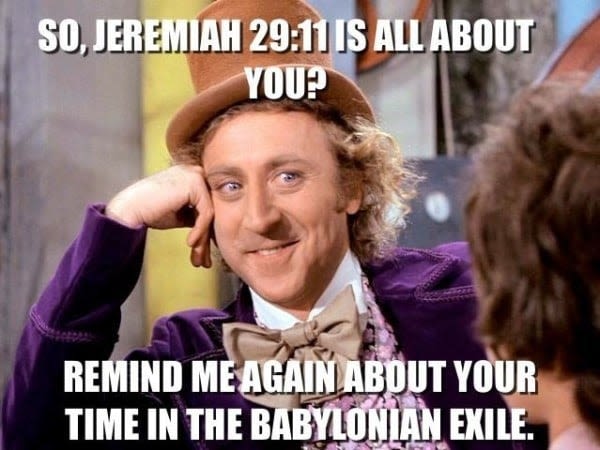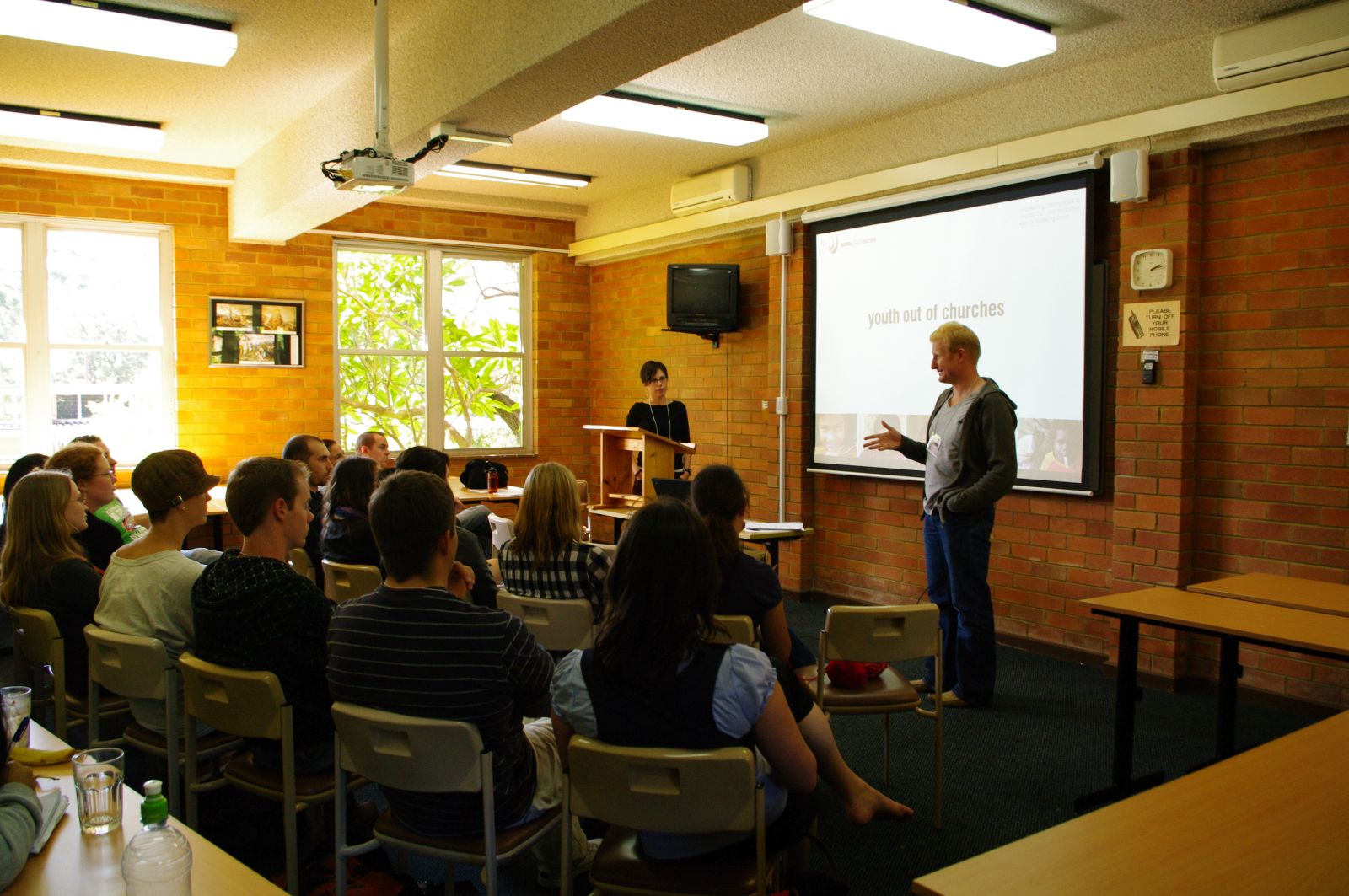A Worker God and our Job of Work
Written by Andrew Sloane
Maybe you’ve daydreamed about what it would be like if you could do God’s job – like Jim Carrey in God Almighty. But have you ever wondered what it would be like for God to do yours?
Almost 30 years ago Robert Banks wrote a book that changed the way I think about both God and work: God the Worker. It’s a rich book that hasn’t received the attention it deserves (well, except in my classes, implicitly or explicitly). But I’m not going to write a very belated review of Banks’s work. I’d rather follow his example, and reflect on two of the Bible’s images of God, and how they influence our understanding of everyday life and work.
There are so many I could choose. Craft master (Jeremiah 18 and 19). Clothmaker (Psalm 139). Gardener (Genesis 2, Matt 6:28–30). Builder and urban planner (Psalm 127, Revelation 21). But let’s look at just two, from neighboring Psalms, one familiar, one less so: shepherd (Psalm 23, obviously); and midwife (Psalm 22).
Shepherd. This is, perhaps, the most familiar image of God. Psalm 23 is, after all, the best known and most used Psalm in the canon. But, comforting as it is when we hear it at funerals, we also need to hear it at work. For, to belabor the obvious, shepherding was a job of work in the ancient world. Now, while in the New Testament era, shepherds were perhaps seen as a bit dodgy, that wasn’t true in Israel’s early story or in the ancient Near East in general. Indeed, shepherd was a frequent designation for ANE kings, and plays an important role in OT depictions of kingship from 2 Samuel 7 through to Ezekiel 34. But more to the point here, it was for most people an ordinary job of work, if a hard and demanding one. It provided fibre for clothes and milk, cheese and curd for food—and meat for occasional feasting. This everyday activity was fundamental to Israel’s economy, and the survival of many families. And here, God is at work.
Midwife. This is, perhaps, a surprising image of God to find, even if it’s taken from the Psalm immediately before that most famous of ones. Psalm 22:9–10 uses this striking language: “You brought me out of my mother’s womb”. God is here depicted as crouching by the birthing stool, coaxing a tired mother to give that last push as the amniotic fluid—yes, and blood and mucus—flood the floor while the divine hands cradle the Psalmist’s bedraggled head. This wondrous and dangerous time in the life of mother and child is here intimately superintended by God. Actually, no. Not superintended. God is right there in the thick of it: not standing awkwardly in the corner of the delivery room, but elbow-deep in this most earthy of processes. While awesome (actually), this was also a moment of pain and danger. Remember: before the advent of modern obstetrics there was no anesthesia (no lovely gas to suck in, in between contractions) and one in ten childbirths ended in the death of the mother. These are very human moments, moments that bring a new human into the world and some continuity for families and societies. And here, too, God is at work.
Now, while that has a lot to contribute to our theology proper, our understanding of God (and much more could be made of such images in our systematic theologies and Sunday sermons), I’d like to turn the tables and ask: what does this tells us about our work?
Think about how it dignifies our work, how it prompts us to see our work reflecting God’s and even, perhaps, God at work in ours. The ordinary and everyday—and hard and demanding—work we do that contributes to the economy and the sustenance of those who depend on us reflects God’s own activity. Whatever our job of shepherding, it images God—or can. The wondrous and bloody business of bringing new life into the world, of contributing to families and nurturing our young reflects God’s own activity. The vital work of caring for vulnerable life, work that is so disregarded—and underpaid!—in our society images God.
There’s so much more I could say, so many images we could explore. But perhaps I should leave that to you. As you read your Bible tomorrow (or listen to it on your phone or in your car) give some thought to the images of God you find. And then, think about how they might help you think about your work, and how you might image God the worker in your job of work.

















